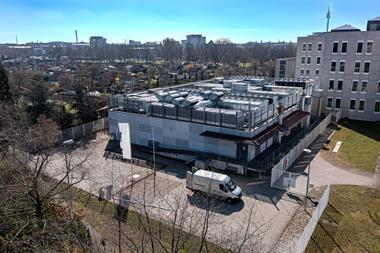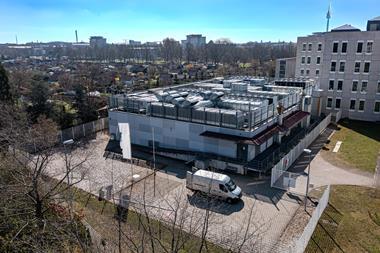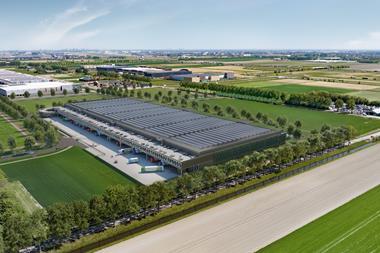EUROPE - Real estate investors should consider looking at core-plus and opportunistic strategies in Europe, according to RREEF, the real estate investment arm of Deutsche Bank.
For core strategies, the global fund manager is talking to institutional investors about moving "one notch" up the risk curve to invest in assets that fall just outside the very prime, top-end of the market.
Paul Vosper, head of client strategies, EMEA at RREEF, said assets requiring more active asset management in prime, major metropolitan locations could provide attractive risk-adjusted returns, as could good quality assets in secondary locations of major metropolitan areas or in selective regional cities.
He said: "Super prime assets in cities such as London and Paris are experiencing significant inflows of capital.
"Widening the investment scope to the core-plus segment of the market allows investors to step out of these strong currents of capital. Doing so results in a positive asymmetric increase in risk-return."
Such an approach would avoid the concentration of capital in the prime end of the market that is resulting in highly competitive bidding and yields similar to those seen before the financial crisis.
Simon Durkin, European head of research at RREEF, said the definition of core had narrowed in recent years such that it now denoted the very top assets in cities like London and Paris.
Some of the 'core-plus assets' RREEF is looking at for its investor clients would have fallen under the core banner before the global real estate downturn.
Vosper also said that today was a good time to pursue opportunistic strategies, particularly in Europe, where the "opportunity set is expanding rapidly in a very fragmented market".












